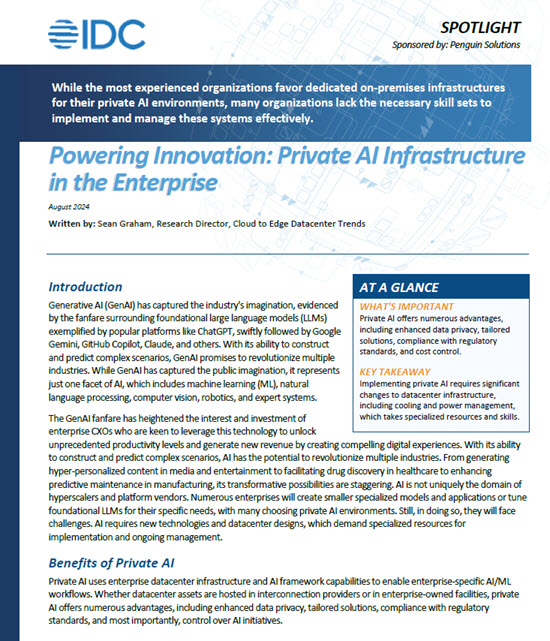 Intel’s Aater Suleman writes about why parallel programming is so hard in a multicore world.
Intel’s Aater Suleman writes about why parallel programming is so hard in a multicore world.
Unlike ST code which would get faster every process generation, MT code has complex non-deterministic interactions that can make its performance swing long ways when hardware changes. For example, I had a branch-and-bound algorithm (a 16-Puzzle solver) which would slow down with more cores because the algorithm would end up on a different path when more threads were running. Even a simple kernel like histogram computation can behave very differently with different inputs or machine configuration (see this paper). Thus parallel programmers are also burdened with the task of making their code robust to changes.
Read the Full Story at the Future Chips blog.



